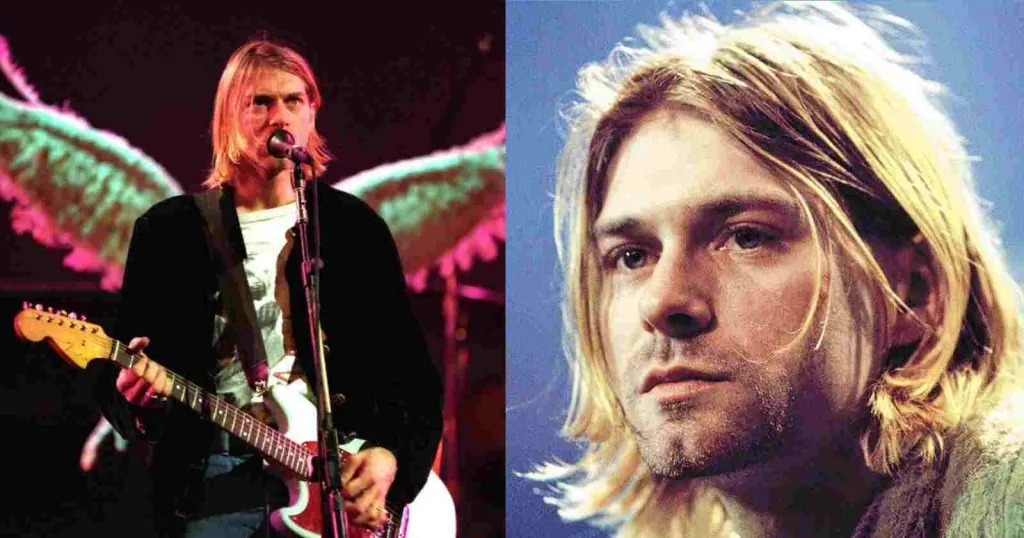Nirvana guitarist and singer Kurt Cobain unfortunately died too soon at the age of 27, back in 1994, due to self inflicted gunshot. One year before his death, the musician talked with The Face magazine about death and said that he didn’t wanted to die because now he had a wife and a child.
When Kurt Cobain talked about death saying he didn’t want to die:
Has experimenting with heroin made you feel more mortal?
“That’s a weird question. I don’t know. I’ve never thought of that. I’m still not any more easily amused. I don’t know. There are certain privileges that I can use and I’m grateful for that.”
Money or not, at the end of the day, do you still feel you can live forever? A long pause. Do you want a different question?
“No. No, I like this question. But I don’t know the answer.”
What about life after death?
“Sure. I believe if you die you’re completely happy and your soul somehow lives on and there’s this positive energy. I’m not in any way afraid of death.”
When did you start to think like that?
“Oh, forever. For as long as I can remember. I’m afraid of dying now, I don’t want to leave behind my wife and child, so I don’t do things that would jeopardise my life. I try and do as little things as I can to jeopardise it. I don’t want to die. I’ve been suicidal most of my life, I didn’t really care if I lived or died, and there were plenty of times when I wanted to die, but I never had the nerve to actually try it.”
Why did you want to die?
“Because everything was hopeless and I thought I knew everything when I was young.”
Kurt Cobain’s Death
On April 8, 1994, Kurt Cobain, lead singer and guitarist of the grunge band Nirvana, was found dead at his home in Seattle, Washington. At the time it was determined he had died by suicide three days earlier. The Seattle Police Department incident report states that Cobain “was found with a shotgun across his body, had a visible head wound and there was a suicide note discovered nearby.”
He was born in February 20, 1967. Through his angst-fueled songwriting and anti-establishment persona, Cobain’s compositions widened the thematic conventions of mainstream rock music. He was often heralded as a spokesman of Generation X. Also being considered to be one of the most influential musicians in the history of alternative rock.
After signing with major label DGC Records, Nirvana found success with “Smells Like Teen Spirit” from their second album Nevermind (1991). Following the success of Nevermind, Nirvana was labelled “the flagship band” of Generation X, and Cobain was hailed as “the spokesman of a generation”; however, Cobain resented this, believing his message and artistic vision had been misinterpreted by the public, with his personal problems often subject to media attention.

